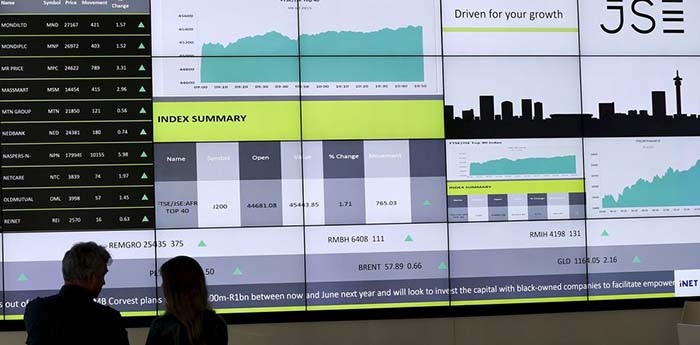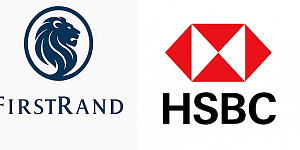As South Africa’s financial markets finalise preparations for the Equity Market move to a shorter T+3 settlement cycle, the Johannesburg Stock Exchange (JSE) has announced that the final market testing phase of the project has been successfully completed and the transition to the shorter settlement cycle will take place on 11 July this year.
The JSE currently settles on a 5 day (T+5) settlement cycle, and will be moving to 3 day cycle (T+3). “T+3” is the abbreviation used to describe an Equity Market cycle whereby equities are delivered in exchange for payment in four days from its current six day (or T+5) schedule. The transition aligns South Africa to international best practice settlement standards.
“South Africa must ensure that it remains as attractive as possible for foreign inflows of capital, and settlement assurance is vital for us to retain and keep attracting investment from outside of the country,” says JSE Executive Director Dr Leila Fourie. “Global investors need to be assured that, if they trade on our market, their trades will settle seamlessly. Currently, 37% of equity trades are held by non-residents with approximately 30% trading on a daily basis.”
“The move to a shorter settlement cycle will catapult the country and the JSE to compete confidently among global Equity Markets, making it a matter of major importance for SA Inc. It will result in additional benefits to the market such as cash being released earlier in the settlement cycle, increasing the funds in circulation. Based on the average value traded per day of R25 billion, this will create a release of R50 billion into circulation,” says Fourie. Fourie points out that “a further benefit of a shorter settlement cycle is that it dramatically reduces the amount of unsettled trades at any given point. So, in the event of a market default, the number of unsettled trades that we have to unwind is reduced significantly. This reduces potential losses between trading parties, and enhances investor protection during the process.”
The implementation of a new settlement cycle impacts all market participants, including listed companies, traders, investors, clearing and back office participants, Strate, the JSE and all regulators. The JSE has requested that listed companies avoid corporate actions between 4 and 18 July in order to reduce complexity during the cutover week. The move is being spearheaded by the JSE in close collaboration with the South African Reserve Bank, National Treasury, Financial Services Board and numerous other stakeholders to ensure system and process readiness ahead of the move.
The South African failed trade rate has been close to zero over the past 15 years. The new, shorter settlement cycle will increase the number of trades that roll and do not settle on time. The JSE expects that between 5 and 10 percent might roll in the new environment, but aims to maintain a target of less than 5 percent. “We are working with participants to minimise this percentage by improving the availability of securities for lending and borrowing activity and also by actively encouraging behaviour changes where required,” says Fourie.
The JSE is grateful to all participants, both local and abroad, for their tremendous support in making market testing a great success.








































